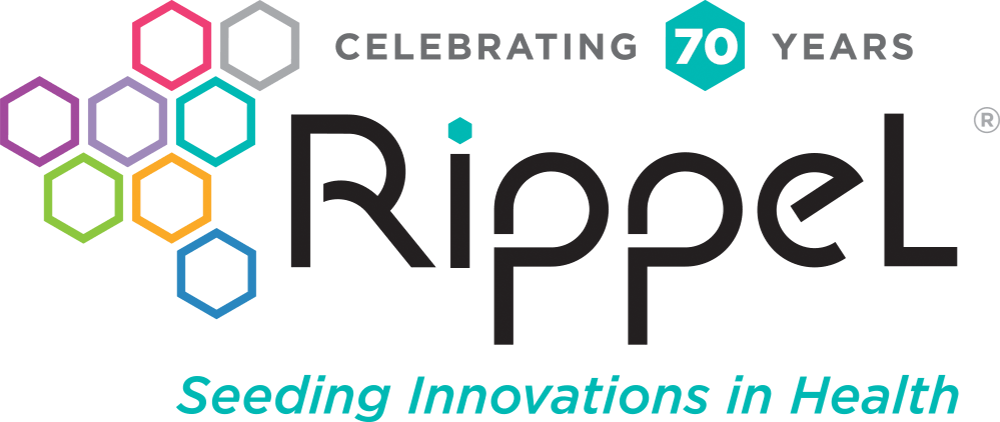The Stew BLOG
ReThinking the Quest for Sustainable Financing: Exposing Our Assumptions
Part 1: ReThinking the Quest for Sustainable Financing Blog Series
Hi everyone! I’ve introduced myself in a previous post as the person who’ll be directing the financing and investment activities for ReThink Health. Right now, I’m in the middle of developing a work plan for the next few years, and I thought I’d use this Circle to test some ideas and priorities for research and exploration. So for the next several weeks, I’ll post around a financing theme, and I’d love to get your feedback and reaction.
Let’s start with a general observation to tee this up.
As communities create plans for improving health and health care, the quest for financing often begins with the question, “Where can we get the money we need?” Financing is viewed as a budgeting exercise, with the task of securing resources equal to expenditures.
This simple question is laden with multiple assumptions about financing:
- Financing is tactical—it is simply a matter of finding the right source, mechanism and/or investor to serve the need we’ve identified.
- Current sources of funding are not enough, so new sources must be found to meet the new needs we’ve identified.
- New sources are hard to come by because most organizations operate under very tight budgets and rigid constraints—our world is one of scarcity and control, not abundance and creativity.
- Financing is a separate effort unto itself, divorced from stewardship, strategy and organizational capacity.
- Financing is “agnostic”—as such it provides a value-neutral, technical solution to problems; it does not choose winners and losers, nor does its drive operational decisions.
When communities begin their work to transform regional health, this view of financing may suffice; it offers at least a functional starting point. However, a much broader view is called for if regions are truly to transform health and health care. The broader view recognizes that financing is deeply intertwined in systems that influence health and health care.
In the next posts, I’ll explore the above assumptions and offer some ways in which we might begin to expand the way we think about financing, and what it means for financing to be “sustainable.”
What do you think about my list of assumptions? In what ways they may be playing out (or not) in your own work?
Stacy Becker is the director of regional financing and investment for ReThink Health.

